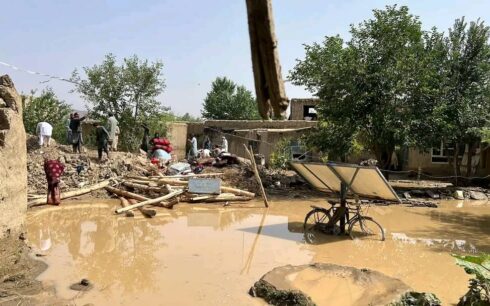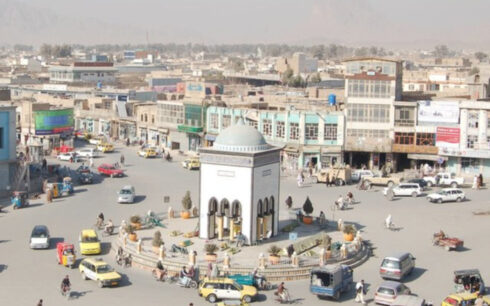As winter looms over Afghanistan, the cost of heating materials has soared in Kabul’s markets, compounding the economic hardships faced by many residents.
With inflation already straining household budgets, the rising prices of wood and coal are pushing many into even greater distress.
The price for 560 kilograms of wood in Kabul has surged to 12,000 Afghanis, a steep increase from last winter, when the same amount sold for 7,500 Afghanis. The sharp rise in heating costs has left many unable to afford the basic materials needed to keep their homes warm in the freezing months ahead.
Among those struggling is Ali Madad, an elderly man profiled by Amu TV. Madad travels from the outskirts of Kabul each day to chop wood in the city’s markets, earning only a modest income from his labor. “I chop about one or one-and-a-half kharwar (560 to 700 kilograms) of wood each day, but it barely covers my daily expenses,” he said, his frustration evident as he described the mounting cost of living.
Other Kabul residents have voiced similar concerns, warning that the situation will worsen as the cold intensifies. Jawad, a resident of the capital, lamented the unprecedented rise in prices. “Winter hasn’t even started, and heating materials are already unaffordable,” he said. “Wood is nearly impossible to find, and coal prices are climbing too—it’s now 6,500 to 7,000 Afghanis.”
Sellers in Kabul attribute the rising costs, in part, to restrictions imposed by the Taliban, which have affected the supply of wood. “The Taliban has banned the transportation of oak wood, and now only willow and poplar are available,” said Qudratullah, a local wood seller. “Last year, we sold 560 kilograms of oak wood for 7,500 Afghanis, but now there is no oak wood. We’re selling what’s left for 11,000 to 12,000 Afghanis.”
The rising cost of heating materials is exacerbating an already dire economic situation for many Afghan families. Since the Taliban took power, poverty and unemployment have surged, with millions of Afghans slipping deeper into financial hardship. Residents are worried that without affordable fuel, they will face a harsh winter with little means to keep warm.
The United Nations has warned of a humanitarian crisis in Afghanistan, with nearly 24 million people in need of urgent assistance. Food insecurity is also a growing concern, as the economic downturn continues to impact the livelihoods of millions across the country. As Kabul residents brace for the winter, many fear that soaring prices and limited supplies will make an already challenging season even more unbearable.





